Several agreements to achieve a worldwide circular economy have already been made on the first day of the two-day high-level World Circular Economy Forum + Climate conference in The Hague. The circular economy is a determining factor in achieving climate goals such as the Paris Agreement. The Netherlands Minister for the Environment, Stientje van Veldhoven, said “With this summit, we have ensured that circularity is seen worldwide as an inseparable part of the climate, and especially as a solution to achieve the climate goals.”
The conference was jointly organised by The Netherlands and the Finnish Innovation Fund Sitra. Among the attendees were ministers from dozens of countries, high level UN representatives and representatives of large companies and start-ups including Accenture, Averda, Circularise, Closing the Loop, Lafarge Holcim, Morgan Stanley, Philips and Rabobank.
“We must decouple economic growth from climate emissions and overconsumption. We need global collaboration, on the path towards autumn and the World Circular Economy Forum 2021 in Toronto, as well as UN’s Climate Change Conference COP26 in Glasgow, as parts of a circular transition towards a low carbon, climate proof economy,” said Jyrki Katainen, President of The Finnish Innovation Fund Sitra. The WCEF is a global initiative of Sitra and Finland, and the next annual forum will be hosted in Canada on 13-15 September this year.
Circularity is an element in the climate goals
The WCEF+Climate clearly showed what is being done across the world to work towards a more circular economy to reach our climate targets. Without the circular economy, it will be much harder to attain the goals of the Paris Agreement. The smarter use of raw materials, greater reuse of goods and better recycling could account for a 20 percent reduction in CO2 emissions worldwide. To this end scientists from the International Resource Panel were tasked with developing proposals on using raw materials more efficiently.
Young people have an impact
The We Are Tomorrow Global Partnership, a worldwide youth movement, had an important place at the conference. In the Netherlands, de Jonge Klimaatbeweging (youth climate movement) has obtained a permanent role in the discussions about future policy for a greater circular economy.
Chairman Werner Schouten: ‘We are pleased that young people worldwide are getting an increasingly important voice. And in the Netherlands, we see that thousands of young people want to make an active contribution to a circular economy. The fact that we are allowed to participate in discussions with other stakeholders is another important step forward.
Attendees
The summit was organised by The Netherlands and the Finnish Innovation Fund Sitra. Representatives of the United Nations included Amina Mohammed (Deputy Secretary General), Inger Andersen (Head of UNEP, the environment programme), Achim Steiner (Head of UNDP, the development programme) and Patricia Espinosa (Head of UNFCCC, the climate secretariat). Among the European Commission’s representatives was Frans Timmermans (Executive Vice-President). In more than 20 sessions, dozens of countries and companies pledged to collaborate more and work closer to increase the impact of existing circular initiatives.
A wide range of subjects were discussed at the WCEF+Climate. These included topics such as the importance of raw materials in climate action and in achieving the Sustainable Development Goals (SDGs); opportunities for better jobs in recycling electronics and plastics in developing countries; involving young people more in policymaking on issues that will impact their future; and the importance of continually evaluating progress in the transition to a circular economy, to better target policy and action and to minimise greenwashing. The conference attendees recognise that there is still much to be done, but they also emphasise that this kind of joint consultation events play a crucial role in catalyzing actions.
Circular economy
The Netherlands’s goal is to be completely circular by 2050. The circular economy involves continuously reusing raw materials so that there is no waste. At present in The Netherlands, recyclable waste is still sometimes incinerated, or in extreme cases goes to landfill, and The Netherlands wants to put a complete stop to this by 2050. The fact that some countries and companies are at the start of the transition while others are making good progress is not an issue. The point is that everyone contributes to making agreements about circularity. The innovation that lies at the heart of the circular economy concept offers opportunities in countless areas for every country.
Finland was the first country to create a national road map to a circular economy. Sitra was leading this process and has also compiled a guide for other countries based on what has been learned from Finland’s process. The guide features tools, guidelines and inspiration for countries that want to move towards or are already taking their first steps towards a circular economy.
The World Circular Economy Forum (WCEF) is Finland’s and Sitra’s initiative that examines how businesses can gain a competitive advantage through a circular economy and how the circular economy contributes to achieving the UN Sustainable Development Goals. Next main annual event, the WCEF2021, will be held on 13-15 September 2021 in Toronto, Canada.
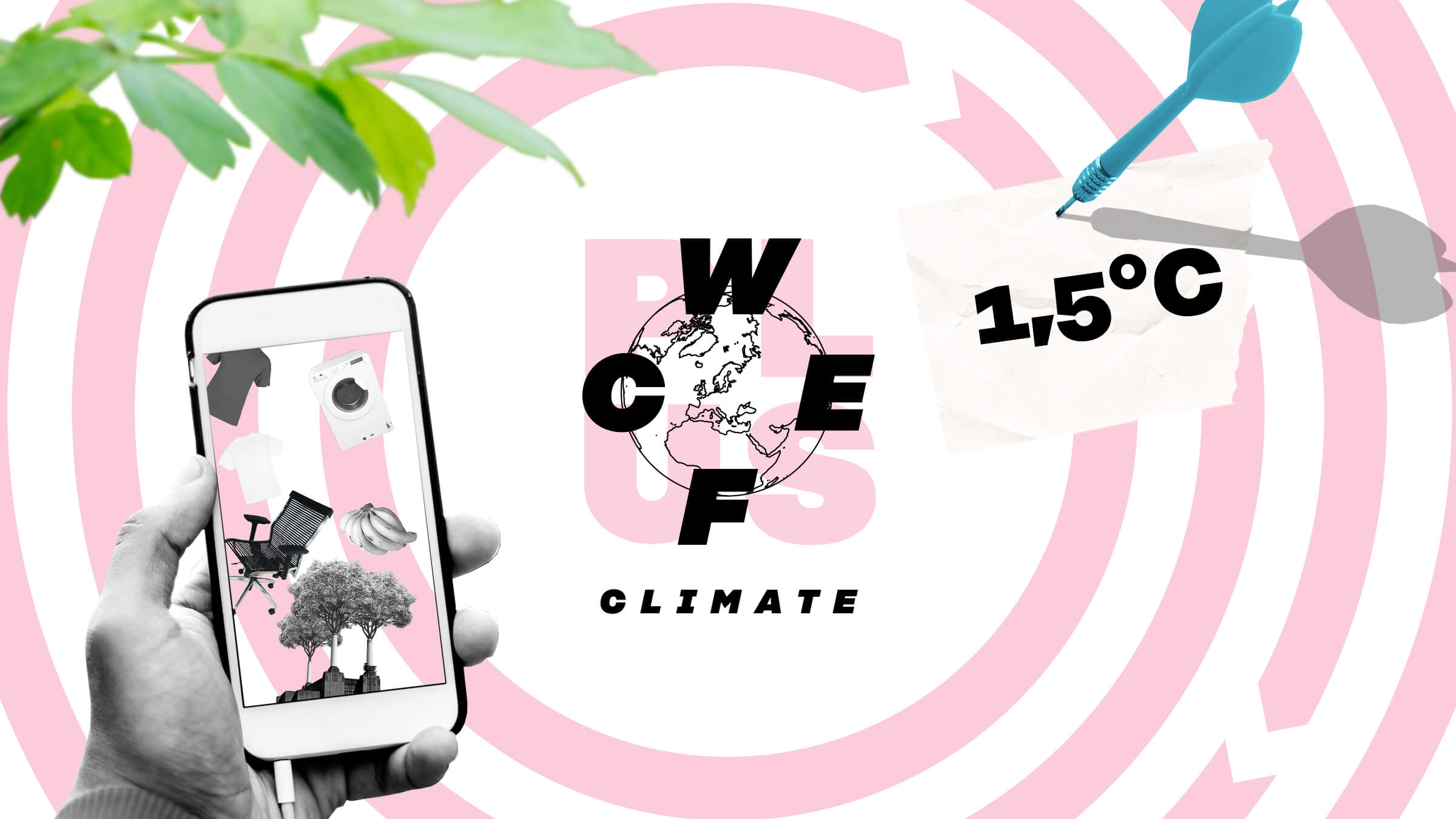
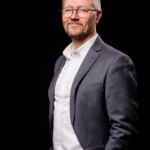
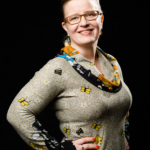
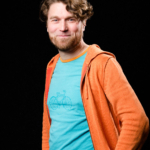







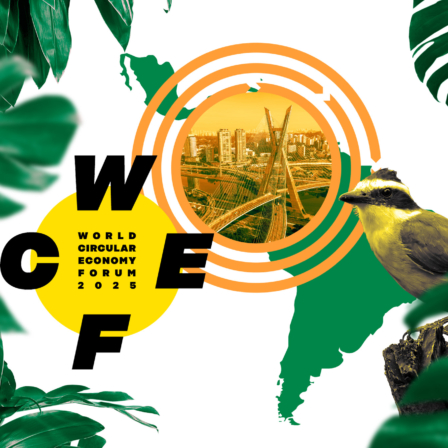









Recommended
Have some more.